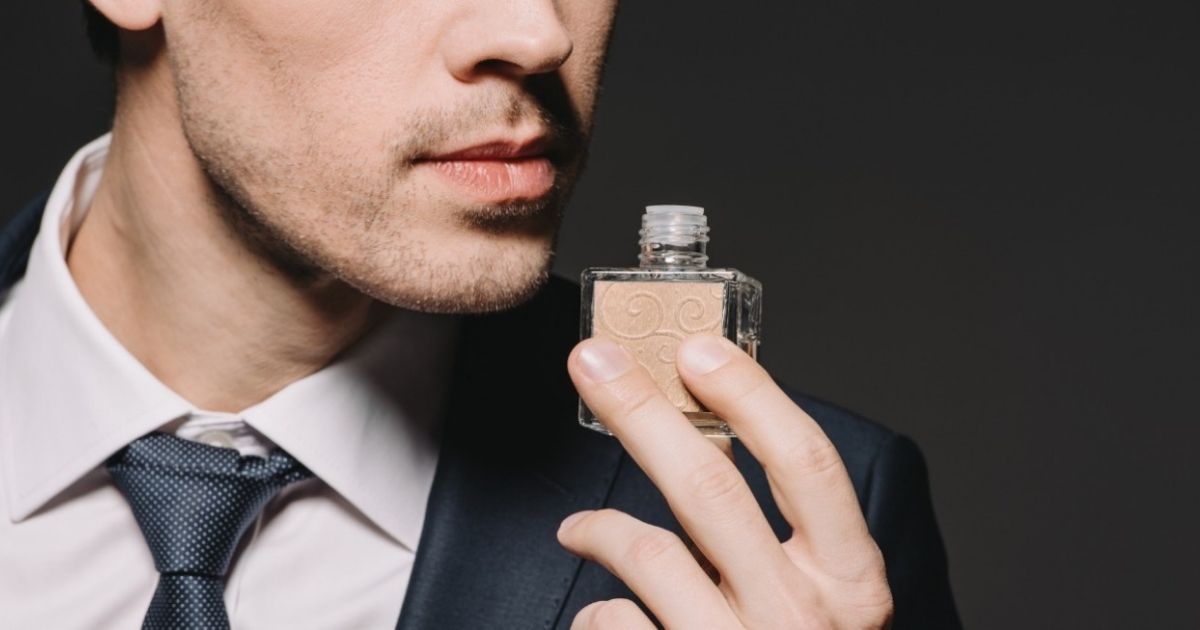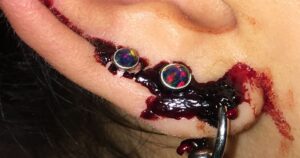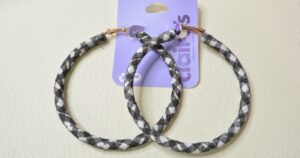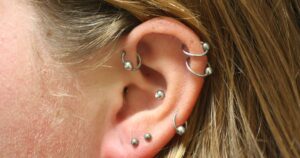Perfume, a delightful accessory that enhances our confidence and personal style, can sometimes cling to our skin long after we’ve left its intoxicating embrace. In this informative article, we will unveil the secrets to banishing that lingering scent and reclaiming our natural aura. By understanding the science behind perfume and employing tried and tested methods, we will explore quick remedies and effective commercial products to ensure our skin remains fresh and free from any unwanted olfactory remnants. Join us as we embark on this fragrant journey towards a scent-free sanctuary.
Key Takeaways
- Perfumes are composed of aromatic compounds, solvents, and fixatives, and their scent molecules evaporate at different rates.
- Factors such as pH levels, body temperature, and sweat can affect the longevity of perfume on the skin.
- Prepping the skin by cleansing, exfoliating, and moisturizing can help successfully remove perfume.
- Lemon juice mixed with water can be used as a home remedy to neutralize perfume scent on the skin.
Understanding the Science of Perfume
One must have a basic understanding of the science behind perfumes in order to effectively address the issue of lingering perfume smells on the skin. Perfumes are complex mixtures of aromatic compounds, solvents, and fixatives that interact with the skin’s natural oils and chemistry. The scent molecules in perfumes evaporate at different rates, which affects the longevity of the fragrance on the skin. Furthermore, factors such as pH levels, body temperature, and sweat can also impact how long a perfume lasts. Understanding these factors can help individuals make informed choices when it comes to selecting and applying perfumes.
Prepping Your Skin for Perfume Removal
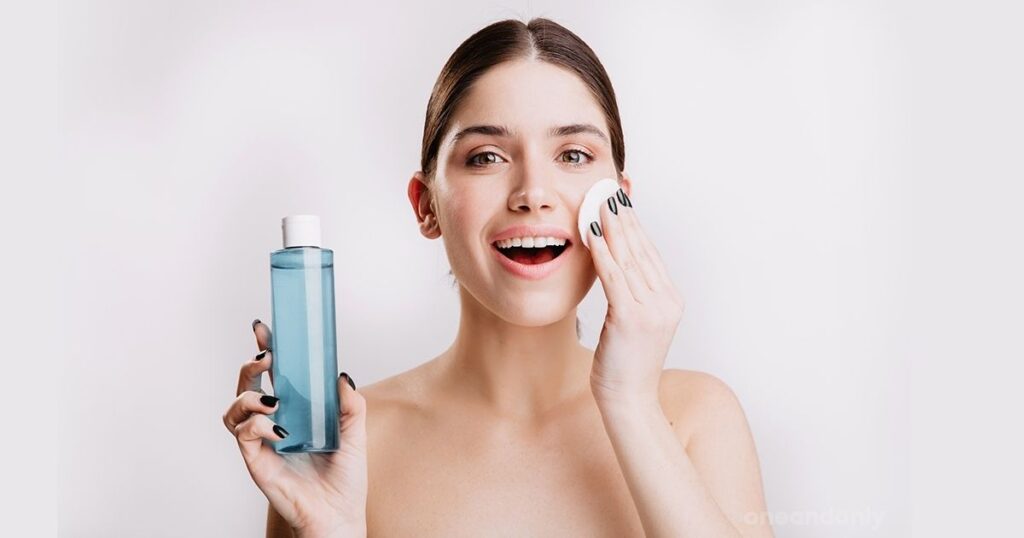
Prepare your skin for effective perfume removal by following these simple steps. Firstly, cleanse your skin with a mild soap or cleanser to remove any dirt or oils that may interfere with the removal process. Next, exfoliate gently using a scrub or a soft brush to slough off dead skin cells and allow the perfume to be more easily lifted off. Lastly, moisturize your skin to restore its natural balance and prevent dryness. By prepping your skin properly, you’ll ensure a more successful perfume removal process.
Quick and Easy Home Remedies
With just a few common household ingredients and a little know-how, you can easily remove perfume smell from your skin. One quick and easy home remedy is to mix equal parts of lemon juice and water in a small bowl. Then, using a cotton ball, gently apply the mixture to the affected areas of your skin. The acidic properties of lemon juice help to neutralize the scent, leaving your skin smelling fresh and clean.
Tried and Tested Commercial Products
The use of commercial products has proven to be effective in removing perfume smell from the skin. Various brands offer specialized products designed to eliminate lingering fragrance and leave the skin smelling fresh. These products often contain ingredients such as alcohol or enzymes that break down the perfume molecules. Additionally, some commercially available wipes or pads are infused with odor-neutralizing agents that can effectively remove the scent. It is important to choose products that are gentle on the skin and suitable for personal use.
Preventing Perfume Smell From Lingering on Skin

To minimize the duration of perfume scent on the skin, proper application techniques and strategic placement can be employed. Here are four tips to prevent perfume smell from lingering on the skin:
- Apply perfume to pulse points, such as the wrists, neck, and behind the ears, where the fragrance can blend with the body’s natural heat.
- Use a light hand when spraying or dabbing perfume to avoid overwhelming the senses.
- Layer scented products, such as body lotion or oil, with the perfume to create a longer-lasting fragrance.
- Consider using fragrance-free moisturizers or unscented products on areas that you don’t want the perfume to linger, such as the clothing or hair.
Frequently Asked Questions
Can Perfume Cause Any Skin Reactions or Allergies?
Perfume can potentially cause skin reactions or allergies due to its ingredients, such as fragrance compounds and preservatives. These reactions may range from mild irritation to severe allergic contact dermatitis, and it is important to patch test and choose hypoallergenic or fragrance-free options if you have sensitive skin.
How Long Does It Usually Take for Perfume Smell to Fade Away Naturally?
The duration for a perfume smell to dissipate naturally varies based on factors such as the type of fragrance, application method, and individual body chemistry. It can range from a few hours to several days.
Is It Safe to Use Rubbing Alcohol to Remove Perfume Smell From Skin?
Using rubbing alcohol to remove perfume smell from skin can be effective, but caution should be exercised. It is essential to test a small area first, as alcohol can cause skin irritation or dryness.
Can the Type of Fabric or Clothing I Wear Affect How Long Perfume Smell Lingers on My Skin?
The type of fabric or clothing one wears can potentially affect the duration of perfume smell on the skin. Certain materials may absorb and retain fragrance more, while others may allow it to dissipate more quickly.
Are There Any Specific Areas of the Body Where Perfume Tends to Last Longer?
Perfume tends to last longer on areas of the body that generate more heat, such as pulse points. These areas include the wrists, neck, and behind the ears. The heat helps to activate the fragrance and prolong its longevity.
Conclusion
In conclusion, removing perfume smell from the skin can be achieved by understanding the science behind perfumes, preparing the skin properly, and using quick home remedies or commercial products. By following these steps, one can effectively eliminate lingering perfume odors. Additionally, taking preventive measures can help avoid the problem altogether. It is important to take into account individual skin sensitivities and preferences when choosing the most suitable method.
